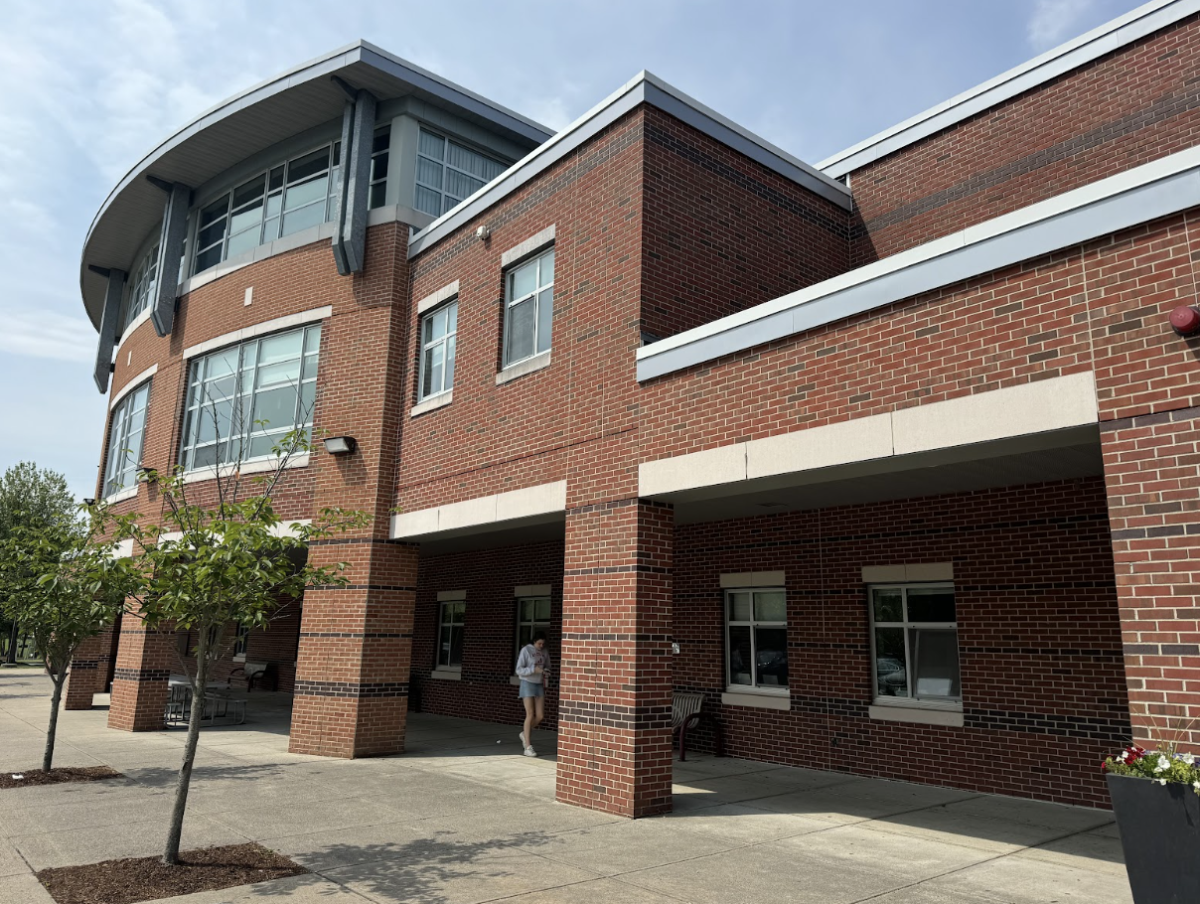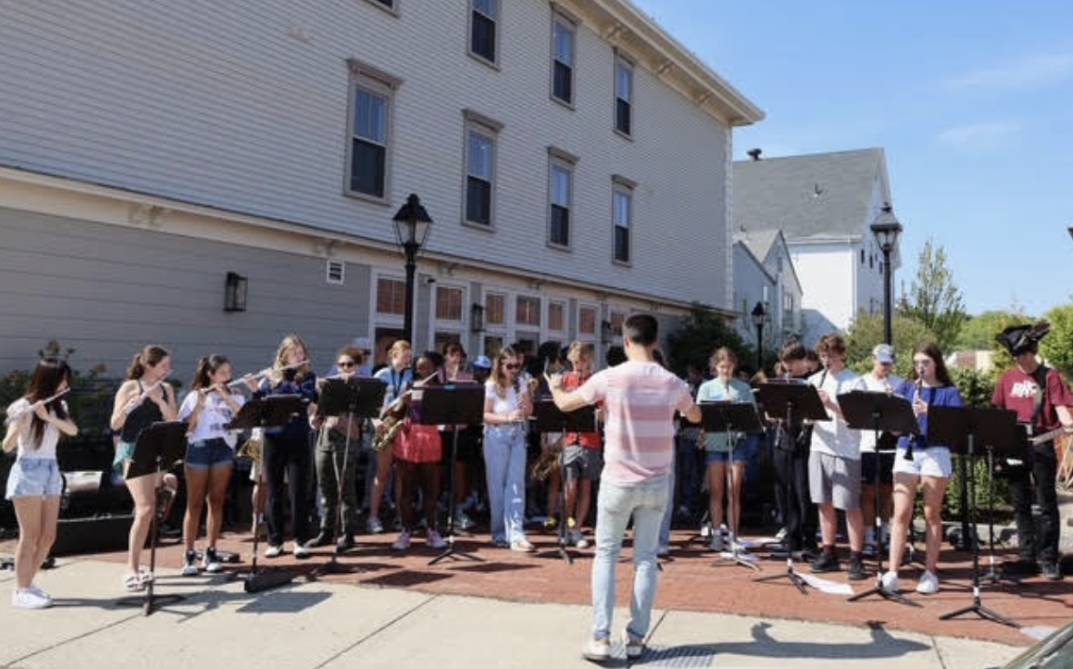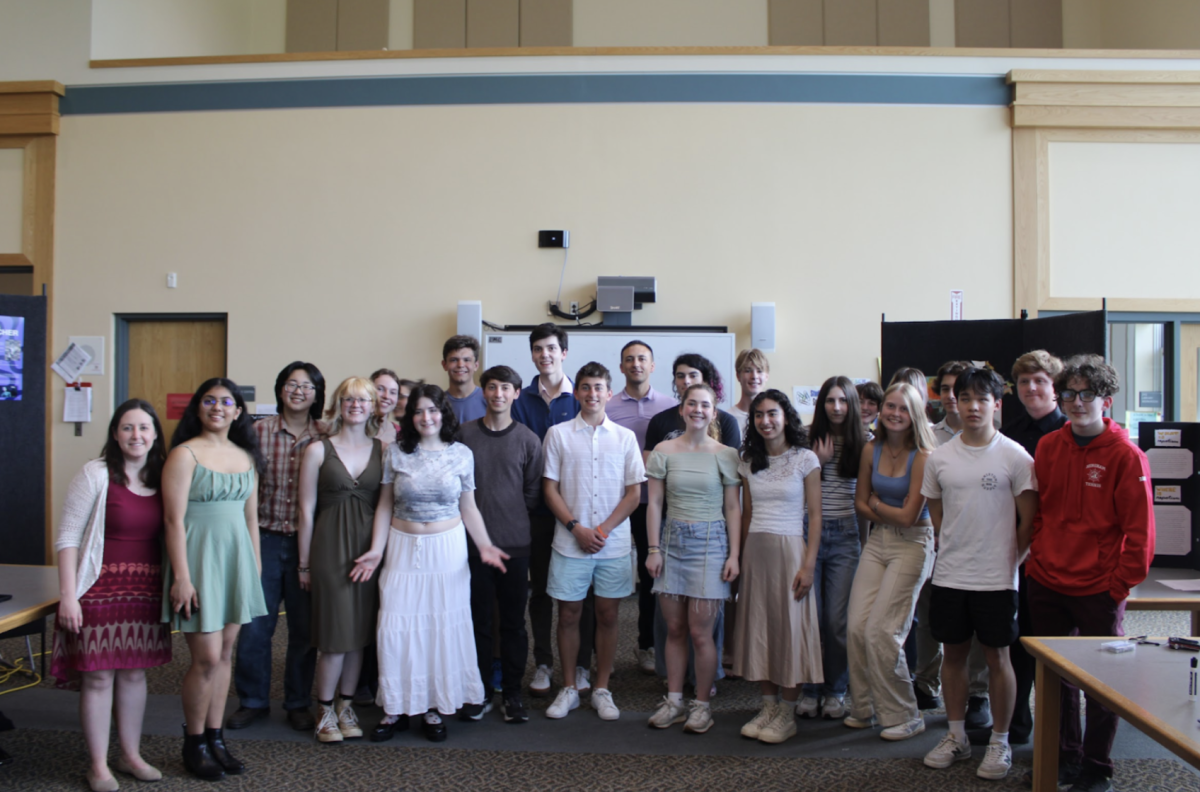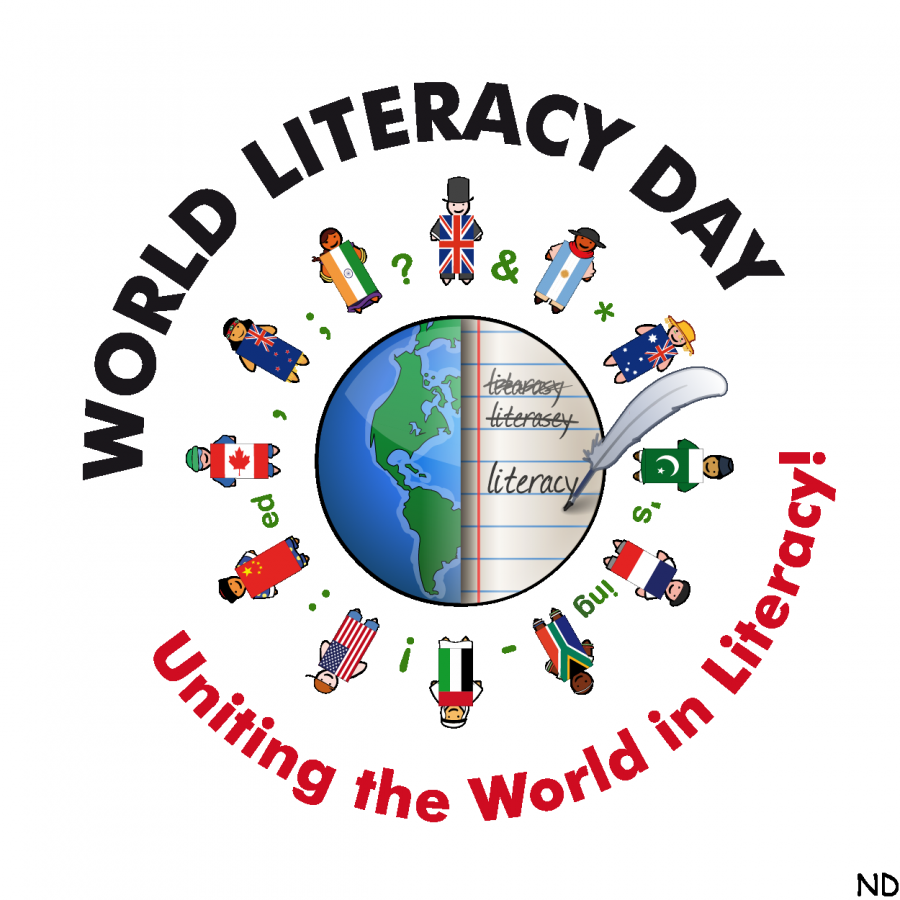World Literacy Day
October 9, 2016
It’s crazy to think about how much effect we can all have on another person’s life. For some people the things we consider mundane can mean living in poverty or comfort for the rest of their lives. I learned this lesson personally only last April on a service trip to Guatemala with a company called School The World, where I discovered the value of something I take for granted all the time: school.
While working on a primary school in a department or Guatemala called Quiche, I had the privilege of teaching children around the age of 10 basic math. Despite the fact that our attempt at a math lesson was less than proficient due to the language barrier, the whole class was fully engaged in the lesson and eager to try their hand at division, fractions, or anything else we challenged them with. I looked through one student’s notes after class and realized she had written down the entire lesson and explained to me that she planned on bringing these notes home to teach her little brother and mother. Unlike most people living in developed countries, children in this part of rural Guatemala rarely have parents that stayed in school past sixth grade.
Even now, although they have improved the Guatemalan education system within the past few years, many kids are only able to attend school up until the sixth grade. As Sydney Boer mentioned in her recent article for the Hingham Journal, schools in these parts of Guatemala only teach up, “…to sixth grade, which is an accomplishment for rural communities. Afterwards, families must pay for the children to go to secondary school miles away”(Boer). Unfortunately, as much as they might want to earn a higher education, the majority of families simply cannot afford it.
This is why it’s so important to get the word out about World Literacy Day and causes that support global education. If people do not know the reality of these people’s situations, they are less likely to help. This is where companies like School the World step in. They send large groups of high school students to third world countries like Guatemala to build schools and playgrounds. This encourages families to send their children to school because they know getting their child an education could improve all of their lives. School the World wrote that by giving kids access to education it raises the average income, increases gender equality, lowers crime, violence, child mortality rates, and HIV rates. Also by teaching children kids basic reading skill, “171 people will be lifted out of poverty”.
Last April, as previously mentioned, I went to Guatemala with Caroline Leduc and Caroline Ruggiano. We installed a playground set complete with a slide, rock wall, and monkey bars. We also planted a garden and made improvements to the school itself. While painting part of the swing set I started talking to a girl named Josephina. I asked her why she was not in class assuming that because she looked around my age she would still be in school. At this she looked at me puzzled as if I had just said something so unorthodox. Josephina explained to me that she had to drop out of school to help her family and raise her brothers and sisters. When I asked if she wanted to go back to school she explained that if the decision had been up to her she would be pursuing medicine, a dream she had since she was little. It was devastating to hear her story, as much she wanted to pursue an education she could not based on her economic and social standings. If schools were more readily available and affordable Josephina could improve her situation. For that reason it’s important to recognize and and spread the word about World Literacy Day.

































